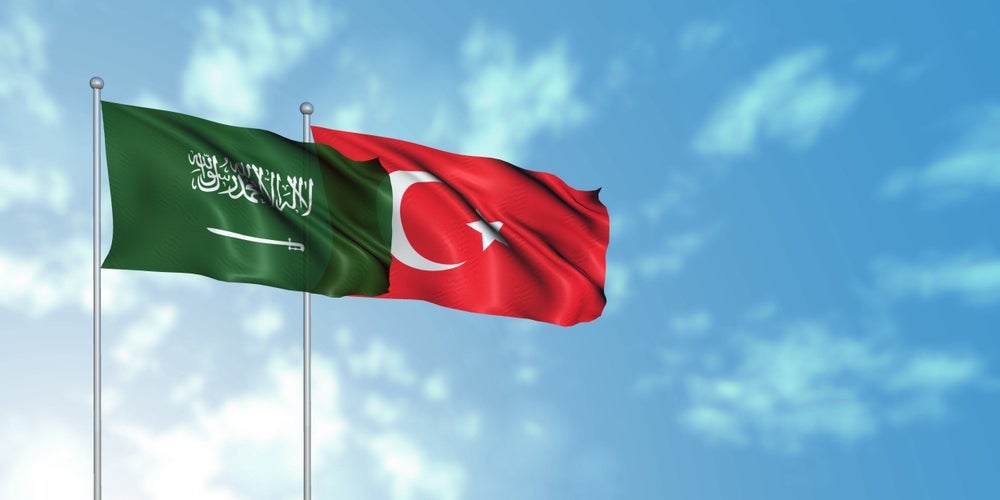Saudi Arabia and Turkey have signed a series of agreements to localise the manufacturing of drones and their component systems within the Middle Eastern kingdom, according to a report by the state-owned Saudi Press Agency.
Saudi Arabian Military Industries (SAMI), a defence company owned by the Public Investment Fund, the kingdom’s sovereign wealth fund, signed the localisation deal with Turkish defence company Baykar on 6 August.
The agreement will focus on the manufacturing of electronic systems, mechanical components and drone structures using composite materials, as well as encompassing manufacturing, final aviation testing and the provision of training and support services.
SAMI’s agreement with Baykar is an extension of two acquisition contracts signed by Saudi Arabia’s Defence Ministry with Baykar during Turkish President’s Recep Tayyip Erdoğan's visit to the kingdom in July.
Separately, the Saudi National Company for Mechanical Systems signed memoranda of understanding with Roketsan and Aselsan, two Turkish defence companies, to localise the production of ammunition and optical sensors for drones in the kingdom.
Under Saudi Vision 2030, Crown Prince Mohammed bin Salman’s post-oil economy plan, Saudi Arabia hopes to localise more than 50% of military equipment spending by 2030.
These agreements also reflect the improvement in Saudi-Turkey diplomatic relations. Turkey's outreach to Saudi Arabia began in 2021, resulting in high-level visits as well as important financial aid including $5bn from Saudi in March 2023.
For years, Riyadh had tense relations with Ankara over issues including the killing of Jamal Khashoggi at the Saudi consulate in Istanbul in 2018, as well as Turkey's support for Qatar during the Saudi-led embargo from 2017 to 2021.











